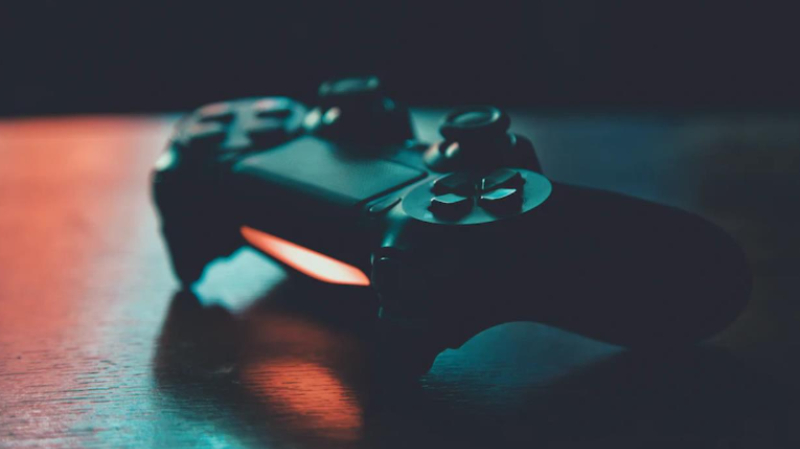Can sports gamers improve real-life athletic skills?
Video games, particularly sports games, no longer exist only as entertainment, but they now exist in order to intellectually and physically compete with gamers. However, can it be useful to spend several hours mastering virtual sports, and can it improve athletic performance?
Despite this, it really could just be sheer coincidence, or, dare one say it, could there really be some scientific credence behind the possibility?
The Cognitive Benefits of Sports Gaming
The concept of sports games is not all about having fun and entertainment, but it also involves some element of brain exercise.
These games entail players having good decision-making skills and planning, including sound concentration and persistence.
These cognitive improvements play a stellar role in rendering real-life athletic skills by enhancing general mental processes and reaction times.
For example, leading a team in a football game, like FIFA, is as important as coordinating the movement in the basketball games that help enhance the general knowledge of strategy and teamwork.

The athletes who already participated in such games said they can easily gauge the opponent’s strategies and better manage their response time in real match situations.
Hand-eye coordination as well as reflexes
Among the most influential skills that sports gamers possess is hand-eye coordination. These games entail the art of manoeuvring detail movement with precision where most players are under trenchant pressure. In due course, this results in faster reflexes developing and more precise physical coordination.
To experience such reflexes, there are various predominant gaming platforms, such as Basant-club.club, that offer sought-after tennis and cricket games. These gaming platforms give gamers the feel of real-life swings, shots, or throws.
By constantly participating in these mechanics, players get close to what really occurs in real-life situations, stepping up movements, accuracy, and timing.
Thanks to thousands of games available on Basant Club, users can reinforce certain reflexes while maximizing their favorite sports in virtual environments.
Physical Skill Transfer: A Complex Link
Of course, the cognitive and coordination improvements are obvious, unlike the physical skill transition from gaming to reality sports.
It is crucial to note that sports gaming does not replicate physical training in its capacity, but it builds on it in some ways. For instance:
- Muscle Memory: Any game that is played using body movements (most Wii sports or any VR games, for instance) can assist in training the body on how to perform any given move.
- Tactical Awareness: Computer and strategy-enhanced games help players practice how to read game strategies, thus improving field decisions.
- Motivation for Real-Life Practice: Virtual sports may make people carry out the real activity as it will help to make a connection between the game and physical activities.
- Improved Spatial Awareness: One benefit from the games is achievement of a good perception of space and positioning hence the improvement of performance in sports.
Limitations of Sports Gaming
Of course, one has to admit that gaming can hardly mimic the corresponding physical exertion relating to real sports.
In this aspect, sports gamers might be far superior in terms of gamers as a tactic but not practically physically prepared at all.
Moreover, excessive gaming can lead to a sedentary lifestyle if not balanced with real-world activities. The thing is moderation and playing games alongside doing some physical rehearsal.
Indeed, the benefits of sports gaming are profound in that while sports gaming can never be a substitute for real-world practice, it carries the potential to fortify athletic development.
Therefore, no matter why you are playing games—out of fun or desire to get better—the pros are more than obvious.




